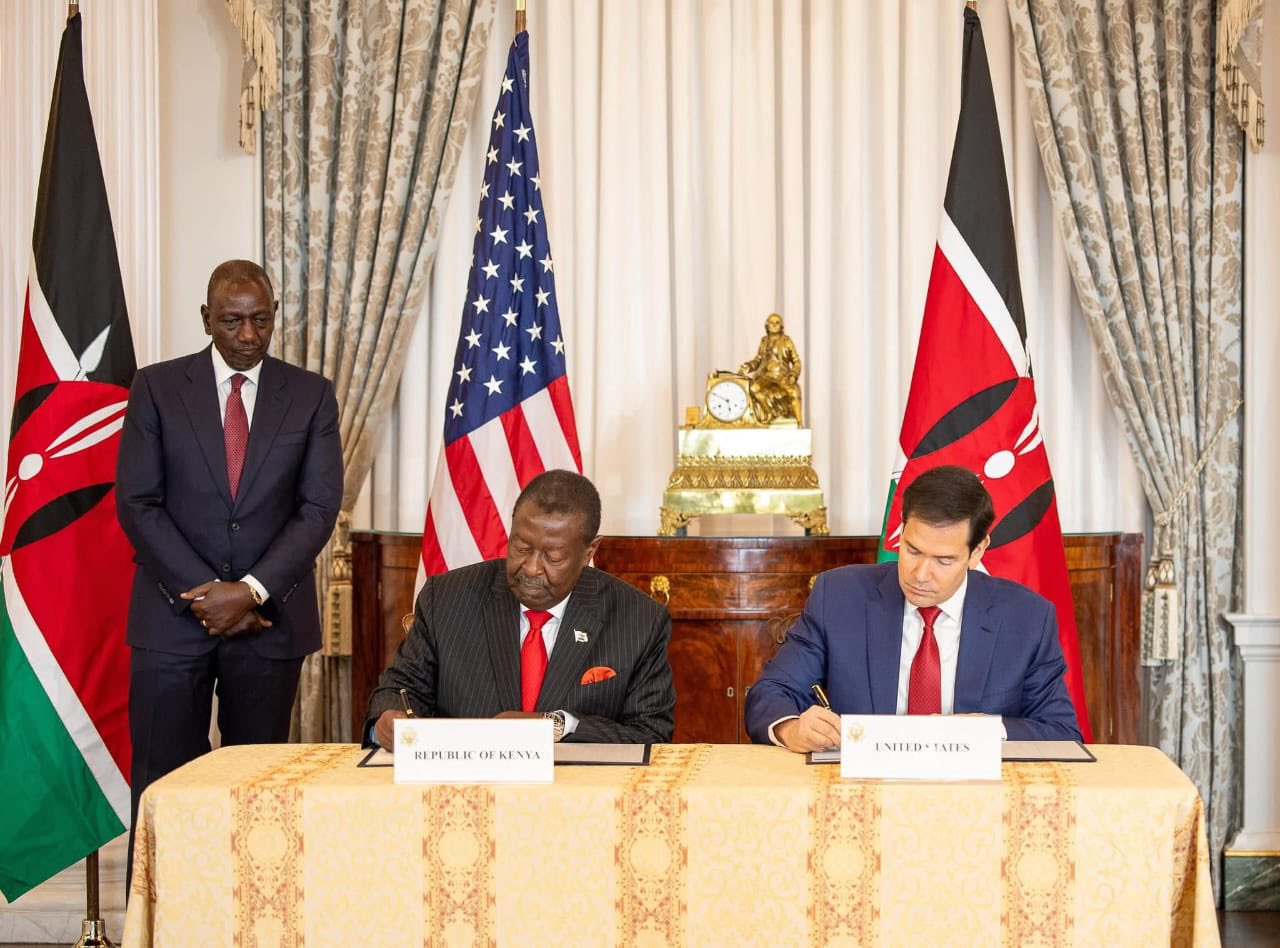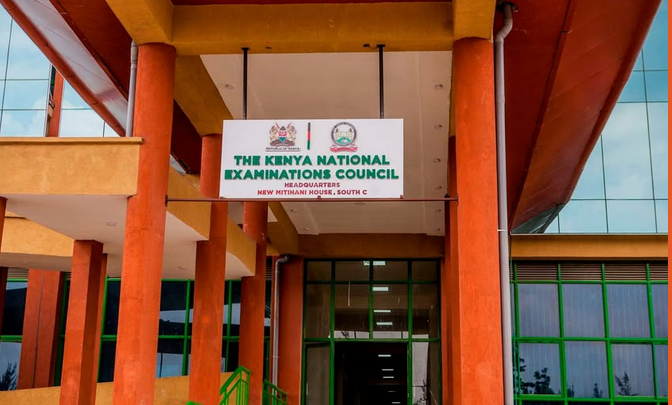MPs reject proposal granting KRA unrestricted access to taxpayers’ mobile money, bank data

According to KRA, real-time access to financial data would boost tax compliance and curb evasion, given that only half of registered taxpayers currently file returns.
The National Assembly's Finance and National Planning Committee has dismissed a proposal in the Finance Bill 2025 that sought to grant the Kenya Revenue Authority (KRA) unrestricted access to taxpayers' financial information.
The committee, in its official report to be submitted before Parliament, opted to uphold existing provisions of the Tax Procedures Act by declining the proposed removal of Section 59A (1B) through Clause 52 of the Finance Bill.
More To Read
- Ex-Nairobi governor Sonko gets relief as Tribunal directs KRA to unfreeze his bank accounts
- KRA sets December 31 deadline for fuel stations to adopt eTIMS invoicing system
- Rising charges for permits, passports push non-tax revenue to record levels
- Businesses granted 30-day relief on long-stay container charges at Mombasa port
- Meta to deduct 5 per cent tax on Kenyan creators’ earnings in 2026
- National Treasury says weak revenue, high debt repayments straining Kenya’s budget
The clause aimed to eliminate current checks that protect confidential financial information, potentially granting KRA unchecked access to individuals' banking and mobile money records.
However, the committee, chaired by Molo MP Kuria Kimani, dismissed the proposal, arguing it infringed on legal and constitutional principles of privacy.
"The committee previously deliberated and concluded that such a provision does not meet the constitutional threshold set under Article 31 (c) and (d) of the constitution, which guarantees every individual the right to privacy," the report reads.
The committee also took issue with the proposed repeal because it would overturn existing legal safeguards on data privacy.
They pointed to Section 51 of the Data Protection Act, which strictly limits when privacy rights can be set aside, noting that Section 60 of the Tax Procedures Act already grants KRA access to financial data, but only through a court-issued warrant, ensuring accountability.
"The current legal framework provides adequate tools for tax enforcement while upholding constitutional rights. Removing these safeguards would undermine public trust and breach privacy guarantees," the committee said, stressing the need to uphold judicial oversight and legal limits when expanding KRA's powers.
According to KRA, real-time access to financial data would boost tax compliance and curb evasion, given that only half of registered taxpayers currently file returns.
KRA Chairman, Ndiritu Muriithi, had backed the proposal as a way to increase revenue collection, crucial to meeting the Sh2.76 trillion ordinary revenue target for the 2025/26 Sh4.3 trillion budget.
"If you think about how many pins are out there. You will find a number above 20 million. If you look for how many file (returns), you will find about 10 million. So about half. And of that half, another 6 million will say there is nothing to report," he said at a recent panel discussion on Kenya's tax regime. "So, nil returns. The question is, about the 16 million Kenyans, where are they? Are they truly outside economic activities, and how then can we bring them to participate in financing the state?"
In December 2024, the same committee rejected a proposal that would have allowed KRA to access sensitive corporate data, including supplier information and trade secrets.
The amendment sought to expand KRA's reach beyond standard financial transactions; however, lawmakers sided with industry players, legal experts, and tax professionals who argued that such a move would constitute regulatory overreach and violate data protection.
"The committee agreed with the stakeholder and amended that the data to be provided relate to their [companies'] financials, such as sales, and exclude data relating to trade secrets, private information, and, in the case of a subsidiary, information relating to the parent companies," said the committee in its report then.
Top Stories Today
















































